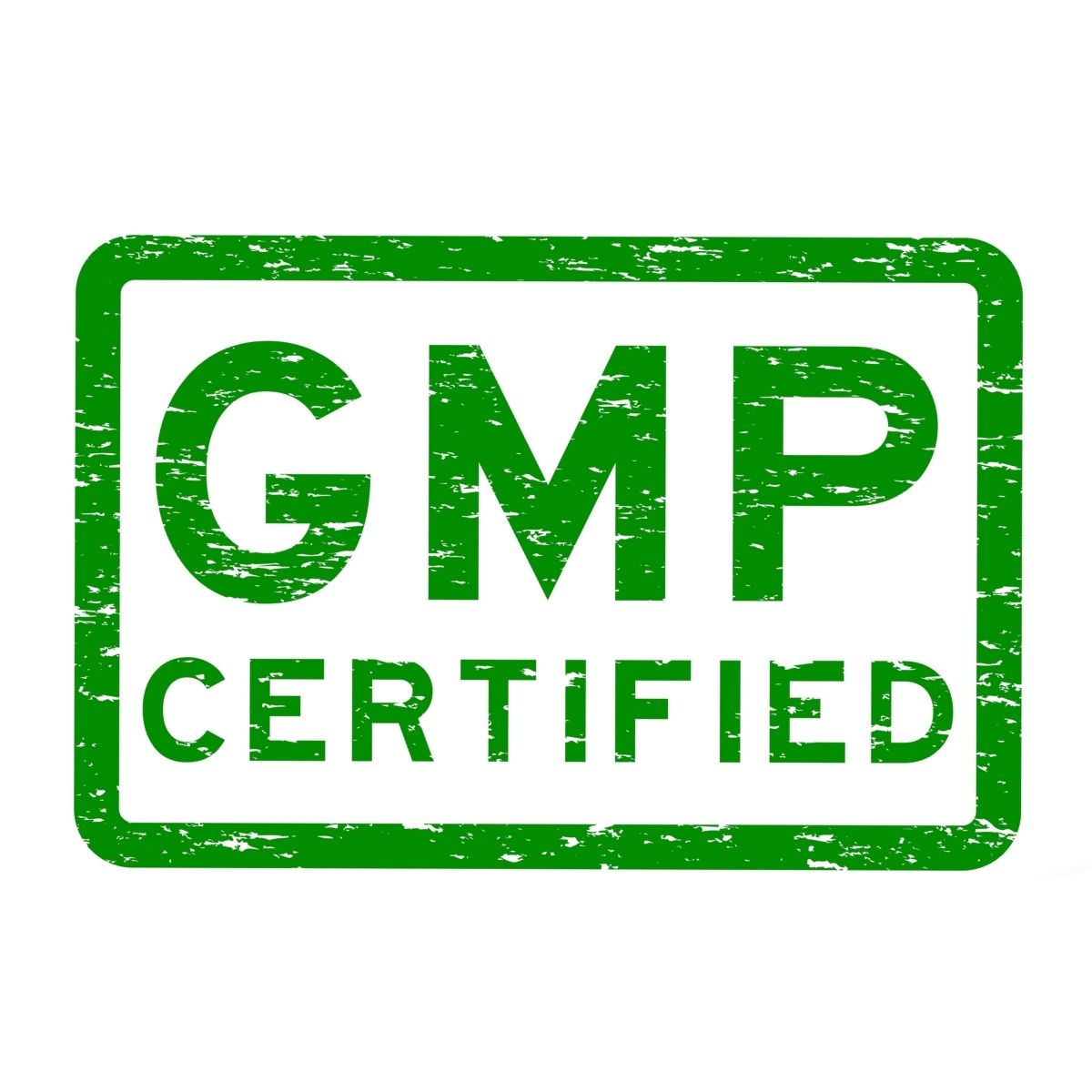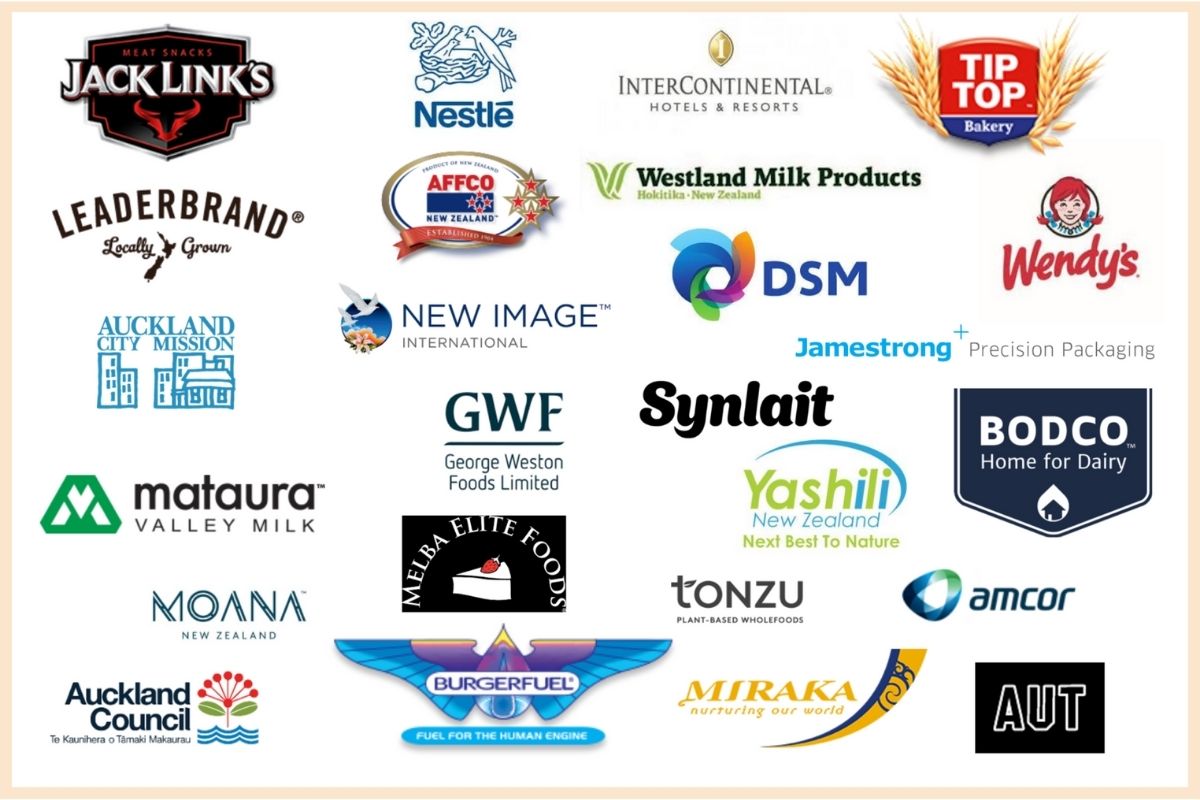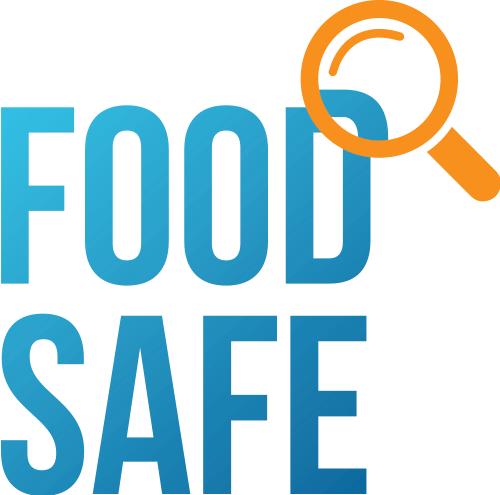Good Manufacturing Practice GMP Training for operators, supervisors, and staff working in critical hygiene areas – CHA, dairy, nutraceuticals, and pharmaceuticals.
Course Cost: From $590 +GST
Current Good Manufacturing cGMP Training
Good Manufacturing Practice, GMP, is also referred to as Current Good Manufacturing Practice, cGMP.
Food Safe’s Current Good Manufacturing Practice cGMP Training is designed for operators, supervisors, and staff working in critical hygiene areas – CHA, dairy, nutraceuticals, and pharmaceuticals. Food Safe’s cGMP Training complements regulatory requirements (MPI, FDA, CFDA, EU) and certification standards (GFSI, BRCGS, SQF, WSE, FSSC).
- Course Duration: 3.5 – 6+ hours (depending on sector/product requirements)
- Pre-requisites: None
- Outcome: Recognised Certificate of Achievement. Approved by all Verifiers and Auditors.
- Includes: Course Material and Resources
- Training Delivery Options: LIVE Online Video Conferencing and On-site options available
Good Manufacturing Practice cGMP Training Topics:
- What is Current Good Manufacturing Practice and how this impacts product quality and food safety
- Understand the elements of Current Good Manufacturing Practice cGMP
- Personal Hygiene
- Critical Redline Procedures
- Pathogen Management
- Illness Management including Covid 19 and Norovirus
- Standard Operating Procedures SOPs
- Statistical Process Control SPC
- Six Sigma Introduction
- Problem-solving and Root Cause Analysis
- Integrated Pest Management
- Cleaning and Sanitizing
- Microbiological Controls
- HACCP Risk Knowledge
- How to target and improve risk knowledge around cGMP and HACCP
- Check-list for improving audit scores
Additional add-on technological options for dairy companies include:
- Alkaline phosphatase testing guidance
- Collection of milk not intended for supply
- Risk organism preparedness and response
- Maintenance compounds procedure for approval
- Criteria relating to factory water
- Managing dairy material or products potentially exposed to chemical residues
- Guideline for RMP manufacturers of colostrum products
- Labeling requirements for retail & exports of dairy-based infant formula products and formulated supplementary food for young children

Technical training for Therapeutics, Nutraceutical, and Pharmaceutical companies
- History of GMP and why we need regulations and guidelines.
- Current GMP – FSMA 2015
- Terms such as quality systems, quality control (QC), quality assurance (QA), self-inspection, documentation, problems (e.g. mix-ups, cross-contamination), complaints, recalls, deviations, etc.
- Basic principles of GMP and the challenges within them.
- Pharmaceutical Chain which contains Raw Materials, API (Active Pharmaceutical Ingredient), Excipients, Formulation, Packaging, QC-testing, Release, and Distribution.
- Terms ICH (International Council for Harmonisation), IMP, GCP (Good Clinical Practise), GDP, QTPP (Quality Target Product Profile), CQA (Critical Quality Attribute).
- GMP quality systems (Deviations, Change Control, Out of Specifications (OOS)).
- CAPA (Corrective Action Preventive Action), KPI (Key Performance Indicators).
- Quality Risk Management and terms such as FMEA (Failure Mode Effect Analysis).
- Documentation – hierarchy, batch records, document attributes, revisions.
- SOP (Standard Operating Procedure), batch production records, and certificates.
- Infrastructure, Air Locks, Pressure Cascade, HVAC (Heating Ventilation, and Air Conditioning), Laminar Air Flow (LAF).
- Line Clearance, Cleaning and Disinfection.
- Aseptic handling.
- Deviations and OOS. Root cause analysis, Impact assessment, CAPA, and KPI.
- Case study regarding deviations and root cause analysis.
- Change control, how it differs from the deviation, and how to make an action plan.
- Material Flow.
- The different types of incoming goods and risk assessment in material management.
- Labeling & packaging (primary, secondary), the related guidelines, reconciliation, blinding, randomization.
- Equipment qualification, V-model, User Requirement Specification (URS), IQ, OQ, PQ (Installation, Operational or Performance Qualifications), risk assessment, FMEA, validations in USP, DSP, line clearance, cleaning process (CPP).
- Development, life cycle, and validation of an analytical method, the difference between validation and qualification.
- Testing parenteral (e.g. sterility, bioburden, endotoxin, mycoplasma)
- What to do in case of “Out of Specifications (OOS)” (e.g. lab investigation, root cause analysis, reporting, instability, recall).
High-Performance Options to Improve cGMP
We work with companies to develop a cGMP Plan and offer customized training including show-me-how videos and a customised guided approach e.g. baby awareness, nutraceticals, and pharmaceuticals.
Stage 1:
- Spend time on shift observing cGMP focus areas
- Understand how elements of cGMP practically apply on the floor for CHA operators
- Analyze focus areas and close gaps in conjunction with technical, quality assurance team, and company management
- Train and educate operators onsite, supplemented with online visualized learning
Stage 2:
- Feedforward learning to the senior management team
Stage 3:
- Re-examine outcomes of actions, check for non-conformances related to cGMP, and act on competency gaps
FDA cGMP Information
Codex Alimentarius – General Principles of Food Hygiene
CFDA – GMP Guidelines & Cleaning Validation Overview
About Food Safe
Food Safe Ltd is a Category 1 NZQA-Registered PTE. Training complies with the Food Safety Bylaws and Verifier Audits right across New Zealand.
Our training is trusted by both well-known New Zealand and Global food companies and heaps of small teams too! Our training is science-based on New Zealand regulatory and globally recognised best practice – MPI, FAO, FDA, EU
Food Safe’s advisory committee includes leading experts, quality and compliance managers, and governance experts. For even more information about Food Safe and the companies we work with, click here.
Why Choose us for your cGMP Training?
- Complements certification (GFSI, WSE, FSSC, BRC, SQF) and compliance (MPI, FDA, CFDA, EU) requirements
- Is simplified and visual, and supportive of implementing learning back on-job
- Is delivered by a trained ISO 9001 & 22000 lead auditor
- It is delivered by a trainer with first-hand knowledge and experience in CHA high compliance operations where Food Safe operates, such as dairy, nutraceutical, and pharmaceutical sectors. This allows us to transfer best practices.

120
1000
100
How we work with companies
HOW IT WORKS
Companies we work with































